
Animal cafés in Tokyo, Bangkok, and other major cities in southeast Asia have taken the world by storm. Why wouldn’t you want to get close to a cute animal while sipping a coffee? However, animal cafés have caused a lot of damage to wildlife conservation, animal wellness, and the pet trade over the last decade. So, how do we find an ethical animal café to visit?
A History of Animal Cafés
The first animal café opened in Taiwan in 1998 as a typical coffee and pastry café with live-in cats. The restaurant was quickly followed by another in Japan. The Japanese animal café was so successful that hundreds of other cafés all over Southeast Asia with species ranging from dogs and cats to owls, otters, and other wild animals began to pop up. Word of the cute animal cafés reached the west soon after, and animal lovers have flocked to the sites ever since.
Wild and Exotic Animal Use in Animal Cafés

Two owls in an owl café. Note the leads tied to their legs, preventing flight
Soon, the use of wild and exotic animals in animal cafés became rampant. However, the majority of these animal cafés are plagued with animal neglect and abuse. In most cases, it is solely due to inexperienced staff, even if they are well intentioned.
The vast majority of wild animal cafés source their animals from, well, the wild. Studies have shown a decrease of animals such as otters, slow lorises, meerkats, and owls in the wild due to poaching for the illegal pet trade, including these animals’ use in animal cafés. Most of these animals require specific care in order to keep them happy and healthy that they simply cannot receive in an environment like a café or from inexperienced staff members. Owl cafés, along with other cafés featuring nocturnal animals, are kept awake during daytime hours which has devastating effects on their physical and psychological health. Guests are also encouraged to feed, hold, and pet the animals which has been shown to cause traumatic distress in most wildlife. To prevent them from flying, residents of bird cafés are often tethered to posts with chains or leashes. This not only prevents them from the ability to fly, but also forces them to be close to and interact with humans and tourists that can cause severe anxiety.
Domestic Animals and Pet Cafés

Cat cafés can help cats get adopted and provide a relaxing experience for guests!
In comparison, the use of domestic animals and pets in animal cafés has been shown to be beneficial for both the animals and guests when done properly. Dog and cat cafés that house rescued, adoptable animals get these pets out of stressful shelter situations and give them a greater chance at getting adopted. Rescues that double as interactive cafés raise money and awareness for the animals they house. Studies have also shown that the animal café environment with domesticated animals provide stress relief for the guests who frequent it.

Wild Animals vs Domestic Animals vs Exotic Pets
The biggest difference between these two situations is the animals that inhabit the cafés. There are major differences between wild animals, domesticated animals, and what we consider to be exotic pets.
Wild Animals
Wild animals have the ability, as a whole, to live on their own in the wild without the help of humans. They find their own food, shelter, and other resources without help and tend to avoid human-inhabited areas. Otters, owls, and raccoons are all examples of wild animals that are frequently used in animal cafés.
Domestic Animals
Domesticated animals on the other hand have been selectively bred by humans for centuries. They are genetically distinct from their wild ancestors or cousins (think dogs vs. wolves) and typically cannot survive in the wild without the aid of humans. Dogs, cats, and farm animals such as sheep are examples of domesticated animals that are often found in animal cafés.
Exotic Pets
Exotic pets lie somewhere in between domesticated animals and wild animals. They are also selectively bred but are much newer to this process than true domesticated animals and are much more closely related to their wild counterparts. Exotic pets are considered “tame” but cannot be considered “domesticated” as they have not been selectively bred long enough, though many of them can no longer survive in the wild on their own. This includes African pygmy hedgehogs, rabbits, and various reptiles.
There is a massive grey area between what is considered a wild animal and exotic pet, and it can be difficult to define. In regard to animal cafés however, it is best to simply skip any establishment that may have wild-caught animals. Exotic pets often have specialized care as well that require knowledgeable staff members to handle. It is possible to be done well, but it is much more difficult than with true domesticated animals. Generally, if the location has adoptable pets that have been rescued (not bred), it can be a great place to visit and even go home with a new furry friend. You just want to try and avoid the unethical exotic pet trade that sources its animals from the wild.
Is That Animal Café Ethical?
Ask yourself a few questions before handing over your money:
- Is the animal domesticated? If so, go ahead and visit as long as the establishment has good reviews and seems to provide adequate care to its animals (ample room, high quality food, areas to hide, etc.)
- Is it possible the animals have been wild caught? Examples include owls, otters, meerkats, and raccoons. If so, it’s best to avoid it.
- If the animals fall under the exotic pet category, are they provided with adequate care? For example, are nocturnal animals kept in the light or solitary animals kept in groups? Do they have enough space? Is the café providing information on their care?
Animal cafés as a whole are not unethical. They started out great! However, many took the idea and ran with it, turning it into something harmful to animal conservation and welfare. As tourists, we do not want to directly contribute to wildlife poaching or the illegal pet trade by financially supporting the establishments that participate.
If you do accidentally find yourself in an animal café that doesn’t feel quite right, don’t fret. It happens to the best of us! Report your findings to any organization or government that may have a say in the matter. Post reviews online to warn other tourists from making your mistake. Supply photos if possible. Eventually, most of the unethical establishments will shut down when word gets around and no one comes to visit.
To learn more on the topic, listen to this in-depth podcast episode about animal cafés around the world!
Like this article? Pin it!



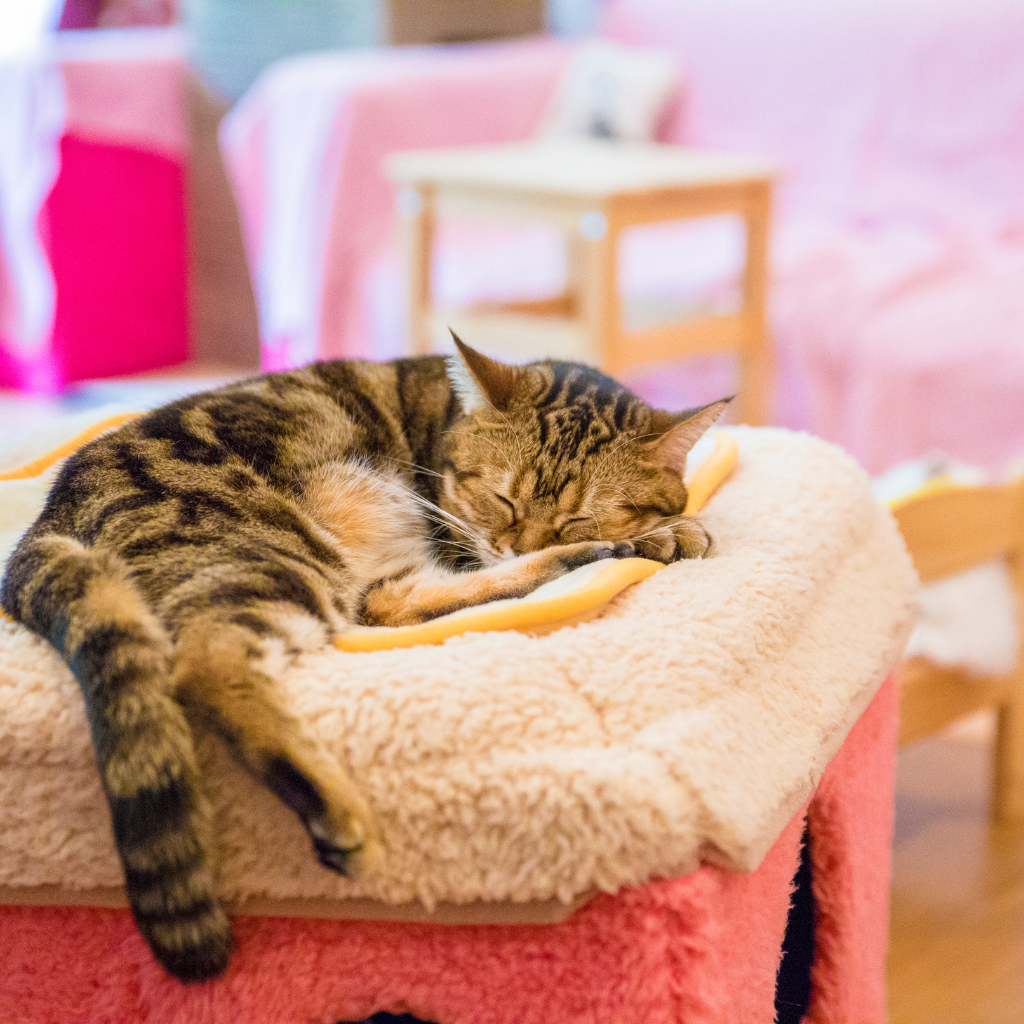

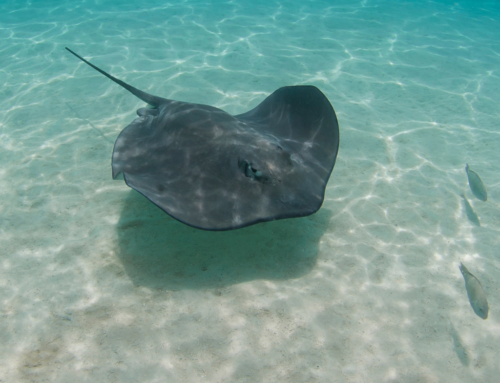
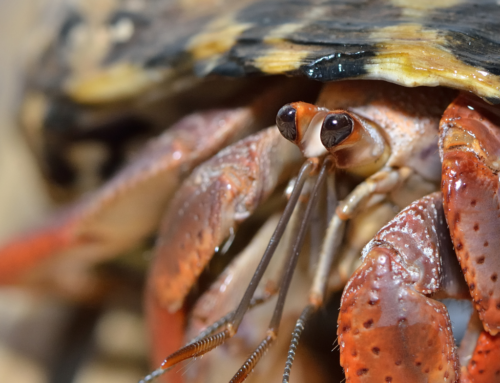
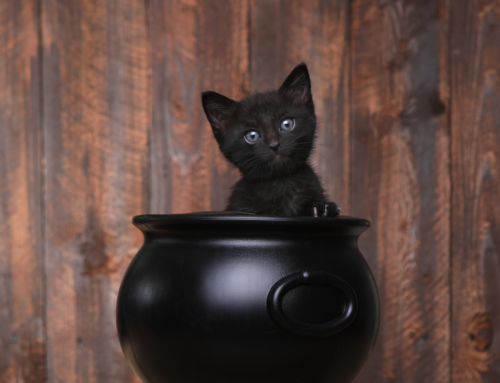

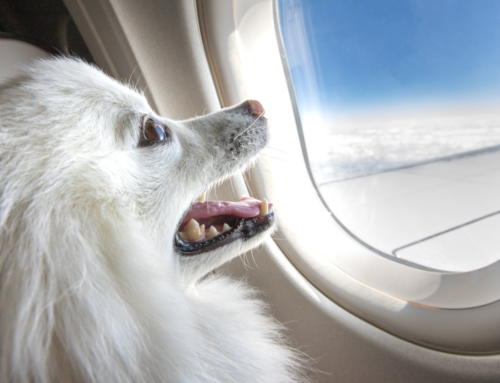

Leave a Reply